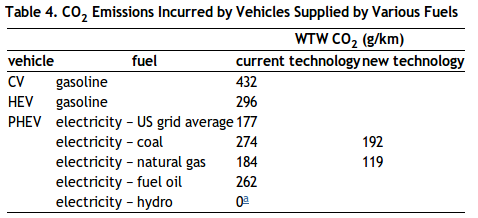An electric recharge station would cost a fraction of the liquid fuel recharge station to set up. It is just wiring, after all.
Location, location, location.
Fast recharge stations are needed for people undergoing long journeys, not daily commutes. Fast recharge stations require 480 V DC @ 125 amps. Fast recharge stations are needed by the side of motorways. They just do not have the infrastructure in place to deliver 50Kw per car.
Sure, daily commuters who leave their cars for eight hours can hook up to a regular socket and recharge while they work, but again, it requires investment, and there are still health and safety issues surrounding electrical hookups, anybody who has worked for a public facing business knows the testing procedures and documentary requirements for logging tests of equipment people touch. I used to be certified to perform PAT myself.
And both the recharge station and the ev will be much safer than the equivalent using liquid fuels.
480v @125 A, outdoors, 'safe'. We have different definitions of the word it seems.
Nor would a traditional fuel station be the logical place to set up a recharge station. Quite the contrary. The logical place for electric recharges is a cafe carpark. In fact, these points would so easy and cheap to set up that they could be placed in corporate carparks also. And shopping centres. And supermarket carparks. You get the idea?
I get the idea, but the numbers don't stack up. Rapid charging requires 50kw output per car. Petrol stations can re-fuel a dozen cars or more at a time. That means you need half a megawatt. Less rapid charging at a shopping centre also scales badly,... yes, you can use 240v @13A the regular supply voltage from a UK socket, but EVs will take eight hours to charge (and nobody shops for eight hours) and my local shopping centre boasts parking for 2,000 cars. That's 6 megawatts required to charge EVs, and back down to over half a megawatt if just 10% need a charge.
I have still to hear back from the naysayers any reply on my suggestion that their objections will disappear if we look at a 20 year time frame.
I covered that already on this thread. You can't apply mathematical progressions to progress in an attempt to guarantee that progress, it just doesn't work that way. Prophecies such as Moore's law do not apply equally everywhere.
In 20 years, plus or minus a few, we can expect to see a battery technology permitting long range and rapid recharge. The electric equivalent of an SUV will, by then, be perfectly able to tow a caravan, at highway speeds, for two hours.
Get back to me when it's five hours. I need to be able to travel 300miles while towing.
Two hours is all that should be required.
Agreed people should take breaks.
For safety reasons, no driver should drive continuously for more than two hours.
Yep, we stop halfway, get a coffee, food, take the dogs for a walk to stretch their legs, but that takes about 30mins. I need a charging station therefore that can accommodate an 18foot long caravan, and fully charge the rig while we wait.
In the mean time, before that 20 years of ongoing development, there will be a place for short range ev's as commuter vehicles and shopping baskets. Such vehicles can be cheap to build and very cheap to run.
http://en.wikipedia.org/wiki/REVA
We already had those in the UK. The vehicles that are operated by the people that deliver our fresh milk to domestic residences, use electric vehicles. Have done for decades. It's not caught on outside this niche. What does that tell you?


